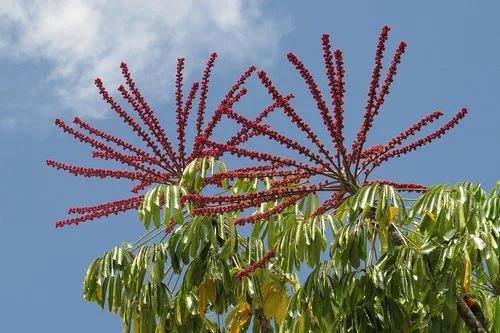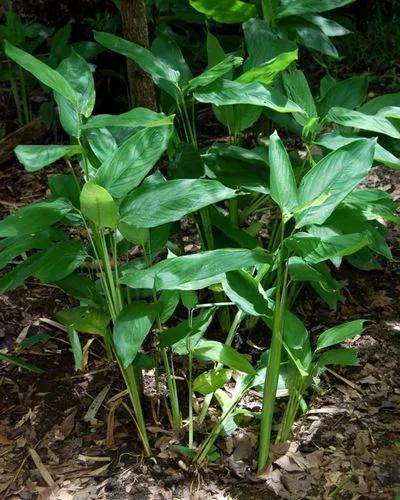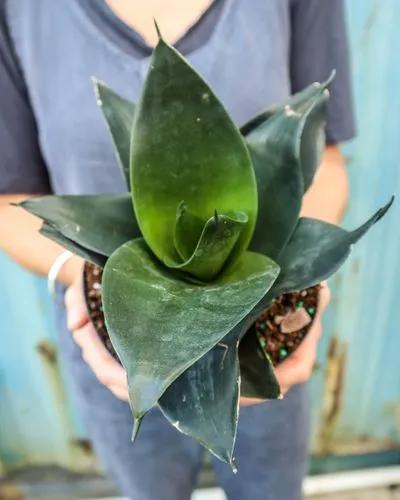Chinese money plant is an adorable addition to any interior with its unusual round leaves.
Chinese Money Plant Care
Pilea peperomioides
Other names: Ufo Plant, Pancake Plant or Missionary Plant



The natural habitat of this plant is exclusively found in China, in the southwestern province of Sichuan and the western province of Yunnan. It thrives in woods at elevations ranging from 5000-1000ft (1500 to 3000m) on shaded, wet rocks. It is kept as a garden plant in China and as a houseplant all around the world.
Pilea Peperomioides has round, glossy, leathery, vivid green leaves with a diameter of up to 10 cm. At first, the bush looks quite inconspicuous, forming a small loose rosette consisting of several leaves on long and slender legs. However, over time, its main stem is pulled up and requires support. The plant develops a trunk throughout time, which is covered with leaves from bottom to top with good care. The plant grows quickly, frequently halting when it reaches 30-35 cm in height.
The flowering of Pilea Peperomioides is inconspicuous: small, unisexual, collected in inflorescence brushes located in the axils of the leaves, the flowers of the plants are almost imperceptible.
How to Care for the Plant

Water

Do not overwater the substrate; the soil should always be slightly moist. Because of soil waterlogging, especially in the winter, the leaves may wither and turn pale.

Pruning

Because young specimens are more attractive, you can prune plants once a year and take cuttings from cut branches. In addition, the shoots of plants are trimmed from time to time to reduce exposure and enhance their beauty.

Fertilizer

As a fast-growing plant, nutrient compositions must be applied on a regular basis to ensure Pilea’s development. You can use fertilizers of a complicated character (universal) or those designated for ornamental and deciduous plants.

Sunlight

Pilea Peperomioides should be kept out of direct sunlight since it is keen to get burns on the leaf plates in the shape of brown or reddish patches. Windows facing east or west are ideal for placement. For windows with a southern direction, it is recommended to create diffused light (you can use translucent fabric, paper, or just curtains).

Soil

Pilea peperomia grows well in light humus soil that is slightly acidic or neutral in reaction. Almost any store-bought, well-draining soil will do, especially those peat-based ones.

Propagation

Pilea peperomia may be reproduced from seeds as well as cuttings. The most important aspect of developing an attractive plant is to follow specific guidelines and timelines.

Temperature

The best temperature for Pilea peperomia is 61-77˚F (16-25°C). However, it can endure a substantial decrease in temperature to 32˚F (0˚C) degrees if the soil is kept dry. Drafts during winter are also quite dangerous.

Container

To prevent the spread of harmful illnesses like root rot, place a drainage cushion consisting of expanded clay, brick chips, or tiny pebbles at the bottom of the container. This may also be done using ceramic shards.
Because Pilea peperomia's root structure is compact and relatively flat, a broad and shallow planter should be used as a flowerpot.
Fun fact

Its common names, Chinese Money Plant or Japanese Dollar, come from the look of the leaf, which resembles a coin. "Pancake" is another common name for this plant.
The Royal Horticultural Society has given this plant the Award of Garden Merit.

Additional

To keep your Chinese money plant nicely shaped, rotate it from time to time.

Popularity

140,798 people already have this plant 18,645 people have added this plant to their wishlists
Discover more plants with the list below
Related articles






